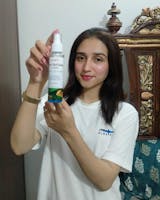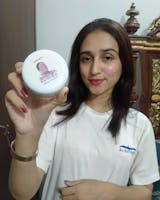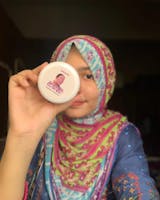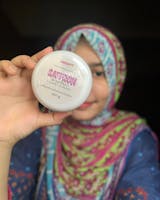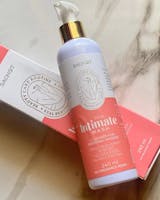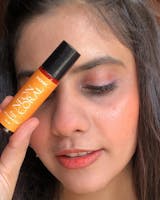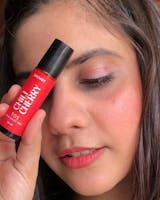Did you know that soap/body wash should not be used on the vulva/intimate areas?
Yes, using soap or body wash in the vulva/intimate area can actually do more harm than good. These products can disrupt the natural balance of bacteria and pH in this sensitive region, leading to irritation, infections, and discomfort.
What is Intimate Area?
Many women are not fully informed about their bodies because discussions surrounding the female anatomy are often considered taboo. Understanding your body is an essential step towards better health. If you have an interest in biology, it’s beneficial to learn more about your anatomy and personal health.
One foundational aspect of feminine health that warrants discussion before diving into intimate hygiene is recognizing that the vagina and the vulva are distinctly different entities.
The vagina is a tubular, muscular structure located internally within the body, while the vulva encompasses the external parts, including the labia that surround the vaginal opening.
Why you don’t need to cleanse your vagina?
In their pursuit of feeling fresh and clean, many women experiment with various methods to cleanse the inside of the vagina—from heavily scented soaps to douching. However, it’s crucial to understand that the vagina has a remarkable ability to maintain its cleanliness on its own, thanks to internal lubricants that your body naturally produces. If you notice any whitish vaginal discharge, there’s usually no cause for concern.
Furthermore, the vagina's natural environment is slightly acidic, with a pH level ranging from 3.8 to 4.5. This natural acidity plays a critical role in supporting a healthy balance of good bacteria, which is essential for overall vaginal health.
Using soaps or other external cleaning agents can disrupt this delicate pH balance, potentially leading to infections and other issues. It’s advisable to refrain from inserting any products into the vagina, as this could upset its natural equilibrium.
Clean your Vulva (Vagina External Area)
Conversely, the vulva, being the external part of your intimate area, is more susceptible to dirt and sweat due to its exposure and associated hair follicles. Therefore, it requires basic cleansing. Nonetheless, regular soap or body wash is not suitable for this sensitive skin.
The vulva is uniquely structured and more sensitive compared to other areas of your body, so conventional soaps and cleansers, even those deemed gentle, may irritate it. If soap comes into contact with the vaginal canal, it can disturb the pH level and provoke discomfort.
It is also important to remember that fragrant chemical products can worsen vaginal odor by promoting an environment conducive to infections. Thus, it's wise to avoid these types of products. Instead, stick to simple practices: use warm water to cleanse the vulva gently and allow the vagina to perform its natural cleansing functions. When choosing an intimate wash for your vulva, opt for a product that is natural, free from harsh chemicals, and unperfumed, such as Peal Intimate Wash.
If, despite following these intimate cleansing tips, you notice any abrupt changes in odor or an unusual change in your vaginal discharge, it’s advisable to consult a gynecologist. They can help identify any potential issues that may arise.







